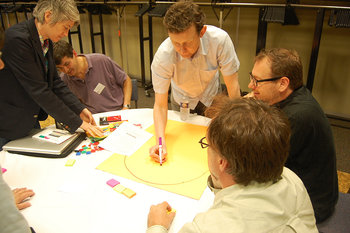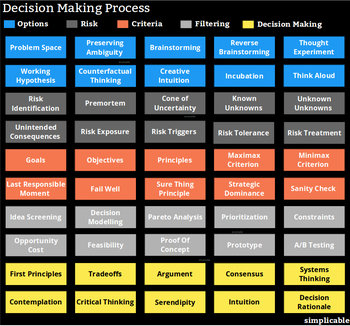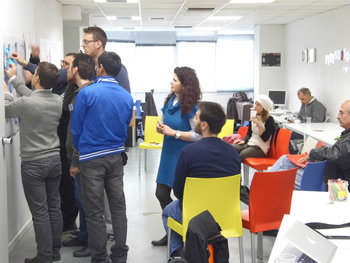|
| |
Five whys is a technique designed to examine the root cause of a problem at different levels of granularity. It involves asking the simple question why? five times in repetition. For example:Problem: A customer service representative was rude to a customer.Why?They were feeling stressed out.Why?They had been dealing with angry customers all day.Why?They lack authority to satisfy reasonable customer requests such as a change to an order.Why?Our process requires a manager to approve things like changes or refunds.Why?Only managers are trained to identify valid requests for changes or refunds.The 5 whys process is designed to find a deeper cause for problems that allows solutions to be further reaching. In the above example, the analysis might result in new training and processes for customer service rather than just looking at the surface of the problem as a performance issue.
|
Function | | Value | Digging deeper into problem analysis. | Common Pitfalls | Results are not repeatable, each individual who applies the five whys tends to come up with a different answer. Ideally, the five whys is one tool that's combined with other problem solving and root cause analysis techniques. |
Thinking
This is the complete list of articles we have written about thinking.
If you enjoyed this page, please consider bookmarking Simplicable.
© 2010-2023 Simplicable. All Rights Reserved. Reproduction of materials found on this site, in any form, without explicit permission is prohibited.
View credits & copyrights or citation information for this page.
|
































